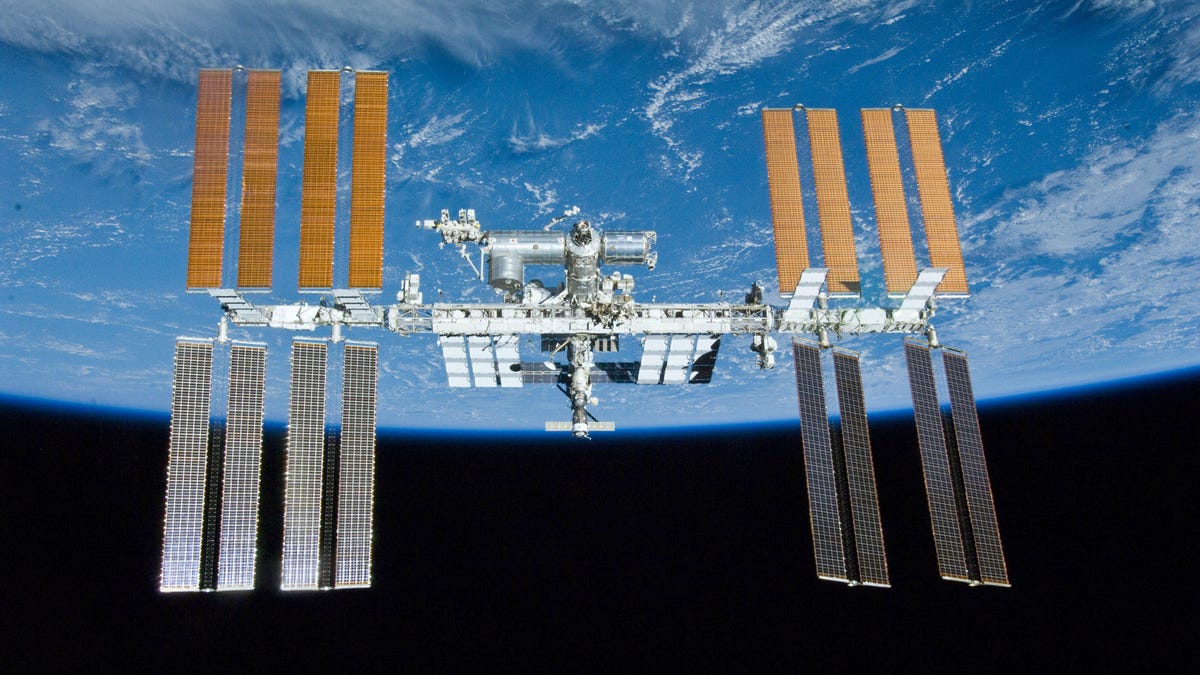NASA opening ISS hatch to commercial businesses, private astronauts
Fancy a stay on the International Space Station? NASA is willing to talk.

Private astronauts may return to the ISS with NASA's help.
It's been almost a decade since the last tourist visited the International Space Station via a Russian spacecraft, but NASA could be opening the hatch to new private astronauts as soon as 2020.
The space agency introduced a broad initiative on Friday that rolls out a welcome mat for private astronauts, commercial businesses and marketing opportunities on board the ISS. The goal is to "accelerate a thriving commercial economy in low-Earth orbit."
NASA envisions a future where commercial interests have populated low-Earth orbit and the agency becomes a customer of those businesses in order to save on costs.
The private astronaut aspect of the initiative is particularly intriguing. NASA says it could accommodate two astronauts per year on privately funded, dedicated commercial spaceflights using spacecraft developed through the Commercial Crew Program with Boeing and SpaceX .
Visitors would be able to stay up to 30 days to "perform duties that fall into the approved commercial and marketing activities outlined in the directive."
NASA astronaut Christine Koch offered up a basic introduction to the new moves in a video recorded on the ISS. She described it as a "new model of business" that will help NASA reach its goal of returning Americans to the moon.
.@Space_Station is open for commercial business! Watch @Astro_Christina talk about the steps we're taking to make our orbiting laboratory accessible to all Americans. pic.twitter.com/xLp2CpMC2x
— NASA (@NASA) June 7, 2019
The ISS already hosts some commercial research and development activities, but NASA intends to broaden that scope. As for business uses, NASA calls out space manufacturing, regenerative medicine and bioengineering as pursuits that would fit well with the ISS environment.
NASA administrator Jim Bridenstine suggested last year the agency would consider being open to branding deals, so the marketing activities aspect of today's announcement doesn't come as a surprise.
While some might fear seeing the ISS plastered with Doritos and Budweiser logos, NASA has already laid out some guidelines for what it considers acceptable commercial and marketing activities: They must require access to the unique microgravity environment, have a connection to NASA's mission or "support the development of a sustainable low-Earth orbit economy."
The directive marks a big shift for NASA, which has avoided the commercialization of its ISS activities. This could become the first major step in handing off human activities in low-Earth orbit to private industry. Space may look very different soon.
Originally published June 7, 8:42 a.m. PT.

